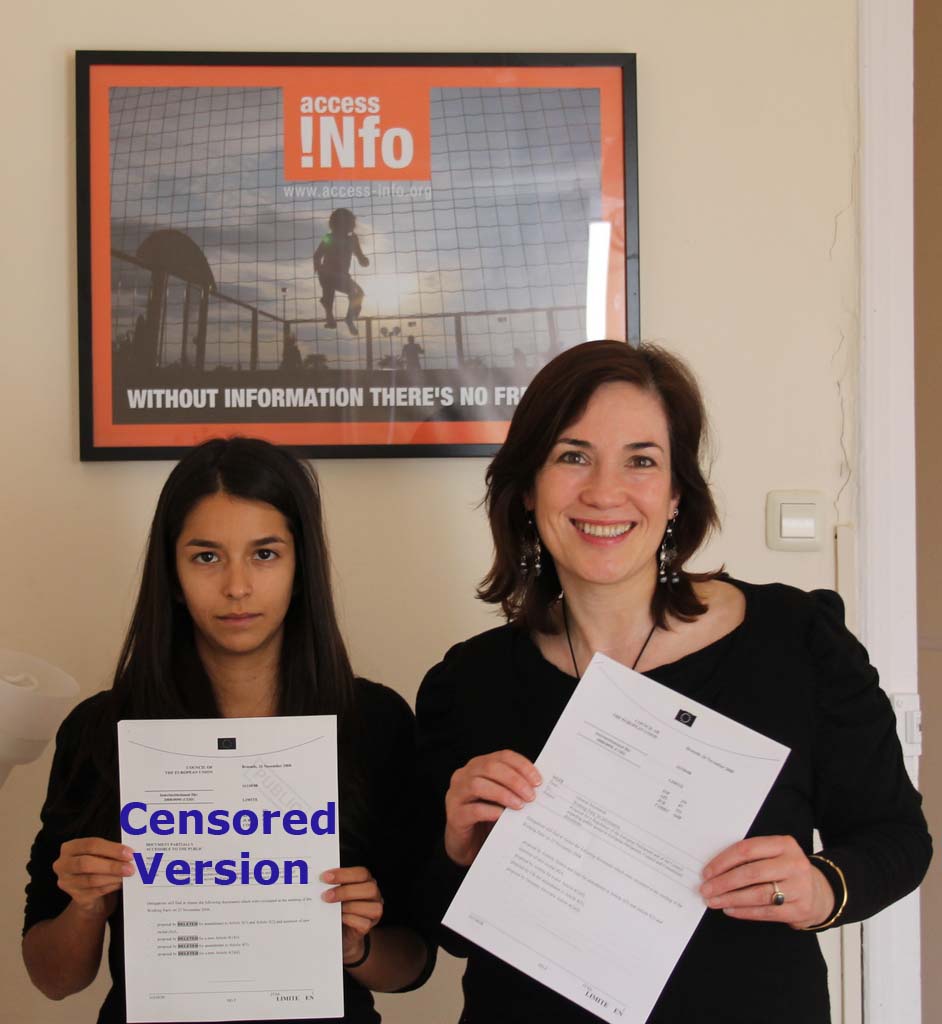Laurent Pech, professor of European law and rule of law expert, had been refused access to a legal advice of the Council Legal Service related to rule of law conditionality regulation in 2019, in a decision that the General Court has now annulled.

Background to the case
The applicant, Laurent Pech, is a professor of European law at Middlesex University, London. Having found a reference to a legal advice issued by the Council’s Legal Service in an article published by Politico in 2018, he decided to request access to said legal advice under Regulation 1049/2001 concerning public access to documents. The legal advice was written in the context of negotiations over a legislative proposal that would tie access to the EU budget to adherence to rule of law standards.
This proposal subsequently lay dormant for some time, to resurface during the heated 2020 multiannual financial framework (MFF) negotiations. Contestation over the EU’s 5-yearly budget came to a heated peak in December 2020. Requiring unanimous assent by all the EU’s member states, Poland and Hungary at that time threatened to veto the negotiated budget when it became apparent that it would be tied to the previously proposed rule of law conditionality mechanism – a legislative instrument decided by mere qualified majority. The conditionality mechanism would make it possible for the Commission to withhold funds from member states breaches certain rule of law requirements, something that these two member states, being notorious repeated rule of law offenders vehemently resisted. It was later adopted anyway, and is currently contested before the Court of Justice by Poland and Hungary.
The legal advice requested by Pech was thus intricately related to this politically delicate context, but had appeared significantly earlier on in the process. In February 2019, the Council refused access to most of the document on the argument that disclosure would undermine the efficiency of decision making and the protection of legal advice. Pech then decided to bring the case to court, where it was registered as case T‑252/19.
The judgment
The particular type of document requested has clear similarity with the landmark Sweden and Turco access case that was handed down in 2008. This case was one of the first in which the Court of Justice drew an explicit and clear connection between the right of access to documents and democratic rights, finding
Openness […] contributes to strengthening democracy by allowing citizens to scrutinize all the information which has formed the basis of a legislative act. The possibility for citizens to find out the considerations underpinning legislative action is a precondition for the effective exercise of their democratic rights.
The similarity of the case brought by Pech was not lost on the court, particularly its nature of legislative advice in the context of a legislative procedure. The court also relied on the precedent of Council v In ‘t Veld (2014), in that the legal advice in both cases purportedly covered the question of the correct legal basis to be used for a decision.
In its assessment of the two exceptions invoked by the Council, the General Court found that the Council’s justification for the presence of a sufficiently serious and reasonably foreseeable risk (the doctrinal standard for non-disclosure) “, including in its written pleadings before the court, did no more than offer general assertions”.
However, the court rejected Pech’s assertion that the document in question in fact constituted a legal analysis rather than an advice. Nevertheless, it found that the Council has failed to show that the opinion had an exceptionally wide scope that would suggest particular harm of disclosure.
It is here that the judgment marks a decided reassertion of the Sweden and Turco case law. This is inter alia apparent from its explicitly democratic language, which led the court to reiterate that citizens’ right to scrutinise legislative decisions should include all relevant information, which means that
Regulation No 1049/2001 imposes, in principle, an obligation to disclose the opinions of the Council’s Legal Service relating to a legislative process.
Intransparency in the ongoing European rule of law crisis
The case also constitutes a win for advocates of a stronger Council response to the current European rule of law crisis. Previous disclosures revealed that only few member states actively speak up in article 7 hearings.
When in December 2019 Hungarian spokesman Zoltan Kovacs illegally disclosed information via twitter to discredit a Council Article 7 hearing that was under way, this sparked outrage among member state representatives. A diplomat at the time described the episode as “pathetic”, adding
If Hungary prefers public hearings, it could just ask for it. It would make things much easier.
At this time, it is uncertain whether the Council will decide to appeal the Pech judgment. In access case, the EU courts can only annul decisions to deny access and cannot provide injunctions ordering the institution in question to disclose the contested document.
A detailed analysis of the Pech v Council case by Laurent Pech will soon appear on this blog.


